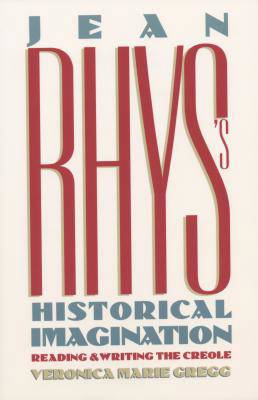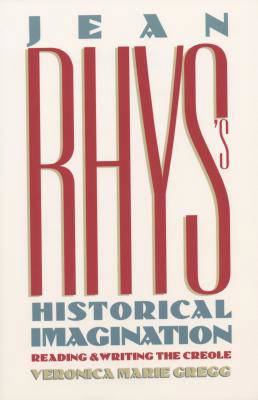
- Afhalen na 1 uur in een winkel met voorraad
- Gratis thuislevering in België vanaf € 30
- Ruim aanbod met 7 miljoen producten
- Afhalen na 1 uur in een winkel met voorraad
- Gratis thuislevering in België vanaf € 30
- Ruim aanbod met 7 miljoen producten
Omschrijving
As the foremost white West Indian writer of this century and author of the widely acclaimed novel Wide Sargasso Sea, Jean Rhys (1890-1979) has attracted much critical attention, most often from the perspective of gender analysis. Veronica Gregg extends our critical appreciation of Rhys by analyzing the complex relationship between Rhys's identity and the structures of her fiction, and she reveals the ways in which this relationship is connected to the history of British colonization of the West Indies. Gregg focuses on Rhys as a writer -- a Creole woman analyzing the question of identity through literary investigations of race, gender, and colonialism. Arguing that history itself can be a site where different narratives collide and compete, she explores Rhys's rewriting of the historical discourses of the West Indies and of European canonical texts, such as Rhys's treatment of Jane Eyre in Wide Sargasso Sea. Gregg's analysis also reveals the precision with which Rhys crafted her work and her preoccupation with writing as performance.
Specificaties
Betrokkenen
- Auteur(s):
- Uitgeverij:
Inhoud
- Aantal bladzijden:
- 242
- Taal:
- Engels
- Reeks:
Eigenschappen
- Productcode (EAN):
- 9780807845042
- Verschijningsdatum:
- 17/04/1995
- Uitvoering:
- Paperback
- Formaat:
- Trade paperback (VS)
- Afmetingen:
- 161 mm x 237 mm
- Gewicht:
- 412 g

Alleen bij Standaard Boekhandel
Beoordelingen
We publiceren alleen reviews die voldoen aan de voorwaarden voor reviews. Bekijk onze voorwaarden voor reviews.








